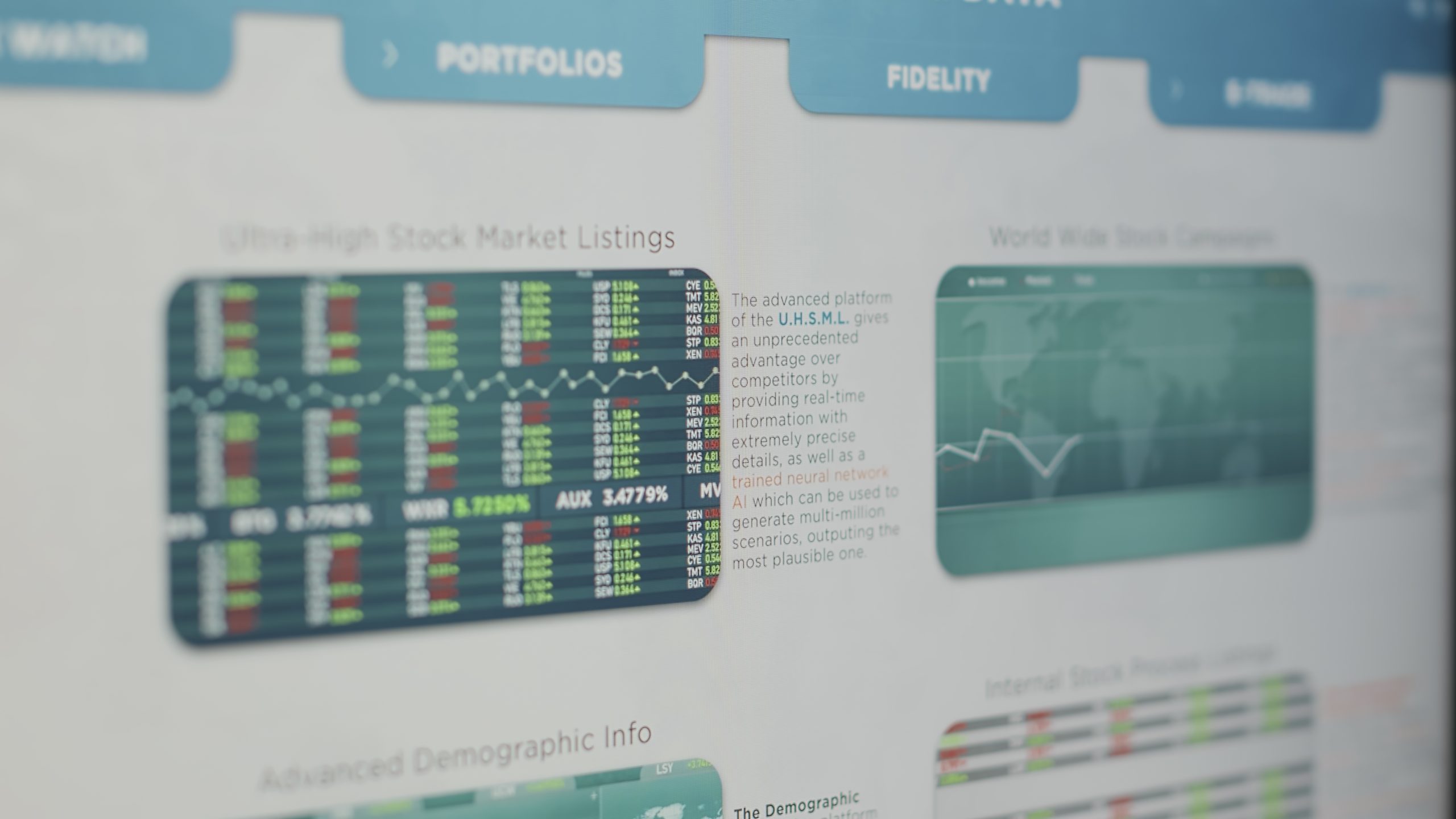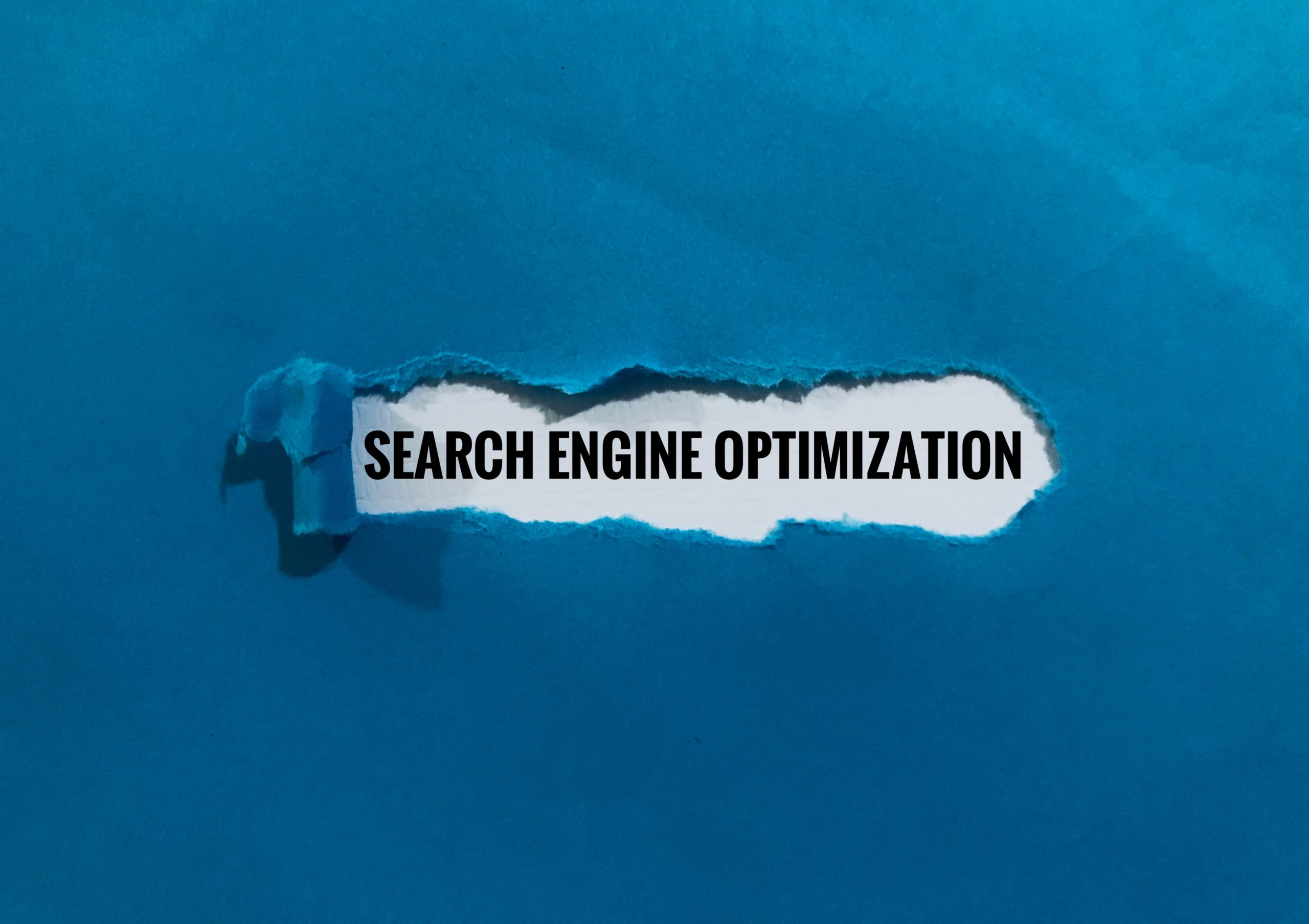Imagine spending weeks on a social media campaign—responding to comments, boosting posts, crafting captions—only to discover it didn’t bring in a single sale. That’s not just frustrating. It’s costly. For small businesses, marketing without analytics is like navigating a maze blindfolded: exhausting, ineffective, and risky.
That’s why marketing analytics that help small businesses increase ROI are not a nice-to-have—they’re non-negotiable. When used right, analytics help owners pinpoint where to invest their time and budget, and just as crucially, where to pull back. They offer a window into real-time customer behavior and give clear signals on what’s working.
The ROI Dilemma for Small Teams
For small business owners, “What’s the return on this?” is more than a financial question—it’s a survival one. Every campaign, every post, every dollar spent must prove its worth. Yet, the challenge isn’t just about tight budgets—it’s about capacity. Most small teams are balancing growth with daily operations and don’t have time to pour over spreadsheets.
But that doesn’t mean data-driven marketing is out of reach.
Take a boutique clothing store, for example. If they notice that email newsletters featuring “New Arrivals” lead to double the clicks compared to “Sale Items,” that insight is powerful. No fancy tools—just smart observation.
And that’s the point: Small businesses can skip the noise and focus on analytics that directly impact cash flow. No dashboards for the sake of dashboards—only insights that drive action.
Focusing on the Metrics That Matter Most
Not all marketing metrics are created equal. Chasing likes or reach without understanding their impact on revenue leads to misleading conclusions. Instead, focus on a handful of metrics that tell you how your marketing efforts are truly performing.
Here are the high-impact metrics worth tracking:
Customer Acquisition Cost (CAC): How much does it cost to win a customer? This helps flag overspending early.
Customer Lifetime Value (LTV): How much a customer is expected to spend with your business. This metric helps set sustainable acquisition goals.
Conversion Rates: This includes purchases, form submissions, or any action that reflects interest or intent.
Churn and Retention: If customers are leaving quickly, it’s often a sign your marketing is overpromising or the experience is under-delivering.
Let’s say a small landscaping business runs Facebook ads. If their CAC is $80 but the average one-time service revenue is $120, that’s thin margin. But if analytics show repeat bookings after three months, LTV rises to $350—that ad spend starts to make a lot more sense.
These aren’t “nice insights”—they’re direct paths to better decision-making.
Why Attribution Isn’t Just for Big Brands
Marketing today is multi-touch. A potential customer might watch a YouTube video, click an Instagram ad, read a blog post, and only then buy. Without attribution, you’d credit the sale to the last touch—and miss the true influencers along the way.
Attribution models help uncover that journey. Even free tools like Google Analytics offer basic multi-touch tracking that sheds light on what’s really driving conversions.
Key models to consider:
First-Touch: Shows what first caught the customer’s attention.
Last-Touch: Tells you what finalized the decision.
Linear or Time-Decay Models: Offer a more realistic, nuanced view of the full path to purchase.
Example: A handmade candle brand notices sales spike after customers interact with both their Pinterest posts and their email promotions. Digging deeper, they see Pinterest brings them in, but the email seals the deal. That insight? Game-changing.
Attribution doesn’t just assign credit—it reallocates resources intelligently. That’s how ROI improves.
From Guessing to Precision: Smarter Content Decisions
Content creation takes real time and energy—especially for small teams. If you’re publishing weekly blogs, posting reels daily, and still not seeing engagement or sales, something’s off. Analytics help fix that.
Start by identifying your high-performing content. Use tools like Google Search Console or social insights to monitor:
Which topics bring the most traffic?
Where do users drop off?
What content drives actual action—not just views?
Say you run a local pet grooming service. You notice your blog post on “Best Dog Breeds for Apartments” brings 2,000 visits a month, while others barely hit 200. That’s a clear signal to double down on related topics, promote that post more aggressively, or even create a downloadable guide based on it.
You don’t need more content—you need better performing content. Marketing analytics show you where to lean in and where to stop wasting effort.
How Small Businesses Can Start Right Now
Even without a marketing team, small businesses can begin using analytics immediately. It’s not about buying new tools—it’s about using existing ones better.
Start with these actions:
Set up Google Analytics and define conversion goals.
Use UTM links in emails and social campaigns to track traffic sources.
Tag emails in Mailchimp or your CRM to trace who clicked what.
Check your website’s top exit pages to understand where people lose interest.
Build a basic dashboard in Google Sheets or Data Studio for visual tracking.
Also, platforms like Facebook Ads Manager, Shopify, and Squarespace already include built-in analytics dashboards that are often underutilized.
The point is this: You don’t need to know everything about analytics. You just need to start asking the right questions and tracking the answers.
Final Thoughts
For small businesses, analytics isn’t about collecting more data—it’s about getting answers. Marketing analytics that help small businesses increase ROI don’t require a data scientist or enterprise tools. They require focus, curiosity, and a willingness to shift strategy based on what the numbers say.
When you stop guessing and start tracking what matters, even small changes—like tweaking an email subject line or shifting ad spend—can lead to big results.













